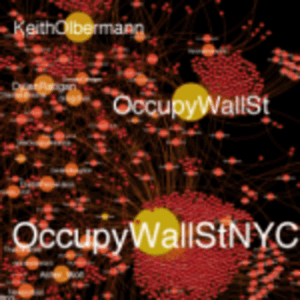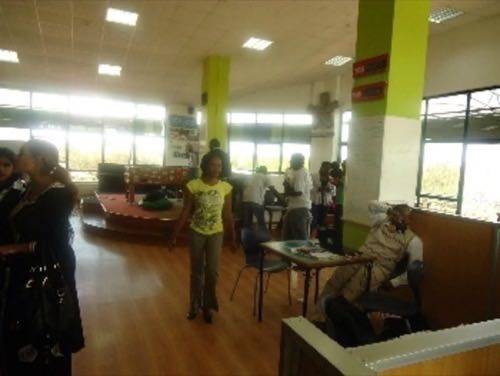When I sat down on my porch today to consider what 2012 might bring to the intersection of free speech and technology, I drew a complete blank. This is not because there are no precedents to consider. A quick glance at our free speech coverage for 2011 is a typhoon of changes and challenges.

Chief among these changes and challenges, the use of mobile and social technology in two related movements: the Arab Spring and #occupy.
Arab Spring
When it comes to the Arab Spring, the Internet was turned off in Egypt for only the second time in history for an entire country. Then the country’s imperial president was turned out and joy erupted all over the Middle East and beyond.

That story went back and forth so many times there is simply not room to recount it all here. It currently rests teetering on a knife’s edge between a fall back into tyranny and a rough drive out and up. Technology will feature in it, but exactly how and to what end is unknowable and, in my case, frankly unimaginable.
If it were a movie, it would be a thriller.
#occupy
When it came to the Occupy Movement, it has been said lately that it’s gone global and that it’s done so by traveling along the backbone of the Internet. It might be more accurate to say that Occupy is the Western iteration of the Arab Spring, adapted to “first world” nations’ worries – like the money-fueled corruption of the political process, the bankrupting of the people by their financial institution, the use of religious and cultural rhetoric to wage war…

You know. Western stuff?
If it were a movie, it would be kitchen-sink realism.
Africa
If there were a single thing I feel confident in predicting, it would be the increasing importance of Africa. Although I had been interested in, and had written about, Africa for several years, my trip there this year, the opportunity to see the vibrant Afro Nerd Superstar entrepreneurial culture with my own eyes, opened me up viscerally to the energy and opportunities on the continent.
And mine were not the only eyes from which the scales fell. Others included Wired and Forbes.

As I wrote in the article that concluded my Technotransect series:
“Sub-Saharan Africa is a region with 1 billion people, over 60% of whom are under 30 years old. High tech has been a primary driver of East Africa’s 40% growth over the last decade and small and medium-sized enterprises are poised to take over a great deal more of that growth going forward, according to a recent study. Anyone who is not paying attention to the continent, and paying attention to it as a forge, not just as a market, is going to swell the ranks of the “if I had invested $100 in Apple in 1981 I’d be a billionaire” crowd. I fear that the government itself, as well as the large tech companies so avid for the continent’s growing purchasing power, may be among them. But that won’t matter to the Afro Nerd Superstars. They’ve got things to do.”
If it were a movie, it might just be a Horatio Alger story.





















